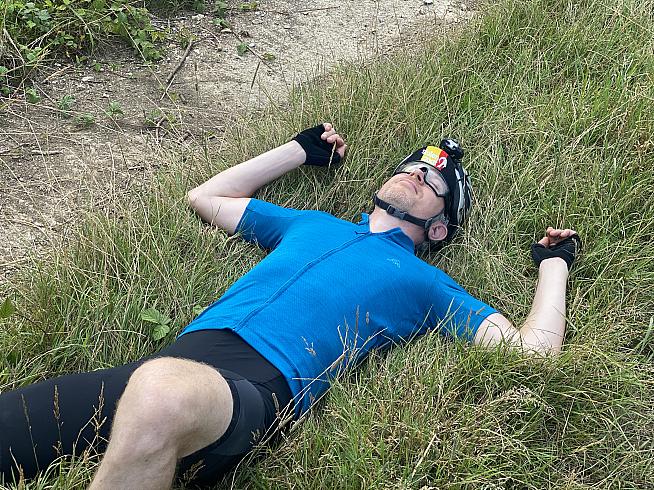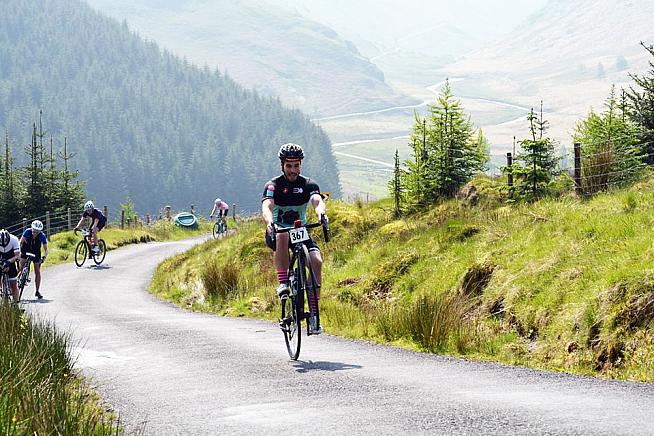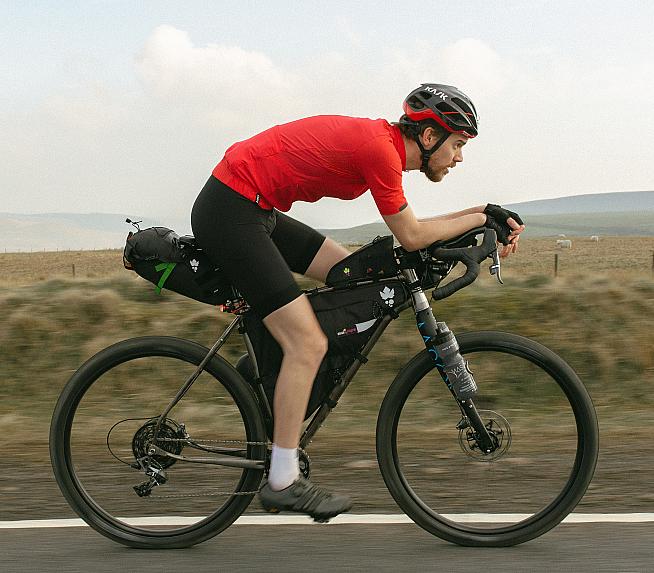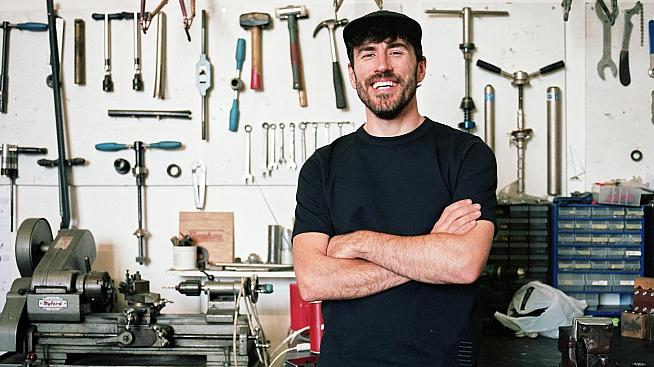Most of us have learnt the basics when it comes to getting the most out of our cycling performance, but what if we take the WorldTour approach and start to think about marginal gains?
I'm not talking about the latest technology and aerodynamics (that's a topic for another day!), but rather the factors we overlook when it comes to preparing for big days in the saddle and how these might limit your performance.
From getting enough rest to keeping your drivetrain clean, here are five areas where fine-tuning your habits can yield results out on the road.
1. Sleep

Sleep is one of the easiest aspects of cycling performance to overlook, especially when it comes to events away from home.
It's all too easy to stay up late getting your kit together, only to have to wake up early to make it to your event the next day leaving you under-rested and feeling groggy. It's no surprise that this isn't conducive to getting PBs out on the road.
Sleep is crucial when it comes to mental and physical recovery. How much is needed varies from person to person, but it's better to target quality over quantity.
You can try to improve the quality of your sleep by avoiding caffeine in the afternoon, try to avoid too much screen time in the evening and definitely no smartphones in bed.
2. Stress
Moving from one of the easier factors of cycling performance to identify to one of the most difficult. It can often be tough to even realise that we're feeling stressed, let alone take steps to address it. Stress can creep up on us due to trying to juggle family commitments with our careers and training and impact us in a variety of ways.
Common symptoms of stress like increased anxiety and feelings of burn-out can heavily impact performance. When this leads to poor results out on the road it can lead to you feeling down and affect self esteem. This negative feedback loop is difficult to break out of, but there are steps you can take once you've identified what's happening.
If you're feeling stressed, factors like work and family are difficult to dial back, but the one aspect we do have control over is our training. Consider taking a week off from your training plan or cycling computer and just have a week of riding for fun. This can give you the headspace needed to get back on track.
3. Recovery Rides

Recovery is an aspect that we're all well aware of, but often don't take as seriously as we should. One thing we commonly see with our coaching clients that are targeting sportives and general fitness is that their recovery rides are just far too strenuous. Putting undue stress on your body when you're supposed to be recovering means you're compounding the stress and this will catch up with you and impact performance down the line.
Our advice for recovery rides if you don't own a power meter or heart rate monitor is to try to keep recovery rides to around 45 minutes and go much slower than you think you need to. Don't be tempted to sprint to make that traffic light or get sucked in to keeping up with the person that just overtook you, just take it easy and enjoy your surroundings.
4. Riding Position
If you're lucky enough to have bought your bike at a shop with a knowledgeable bike fitter you may already have your riding position dialled, but with the increasing number of bikes being sold online a lot of people are riding bikes that either don't fit them or need tweaking to get the fit right.
Having a comfortable position on your bike has a massive impact on the power you're able to put out. You may have the fastest, lightest bike on the market, but if you're stuck in a position where you're struggling to put any power down then it's not going to help you in the slightest.

There's two things to consider here: first is the actual bike you buy and second is your position on the bike. When it comes to buying a bike, be honest with yourself about the kind of riding you do. As nice looking as that aero road bike is, it's not going to serve you well if you want to do long, relaxed days in the saddle.
As for your fit on the bike, there really is a lot to be said for getting a professional bike fit. Increasingly the consensus is to get a fit done before you even purchase a bike. While they can seem expensive to the cycling newcomer, if you're going to be spending thousands of pounds on a bike then a few hundred to ensure you're buying one that fits makes perfect sense.
5. Cleanliness

No, we're not talking about making sure you're smelling fresh before your ride (although I'm sure your clubmates would appreciate that) but making sure your bike is clean before you set out.
Not only does dirt equal easily avoided extra weight, but it has a quantifiable impact on the efficiency of your drivetrain. A dirty chain can equate to between 3-5 watts lost, which may not seem like a huge number but let's be honest, few of us would turn down a 5 watt FTP increase!
Making sure bearings on your wheels and bottom bracket are greased and running smoothly as possible can also have a small impact on the efficiency of your bike. It's not going to turn you into Chris Froome, but if you want to get as much performance out of your ride as possible check them over once in a while.
To learn more about Blackzone Coaching and discuss how a tailored training programme could make 2021 your best ever year in the saddle, get in touch.
0 Comments





